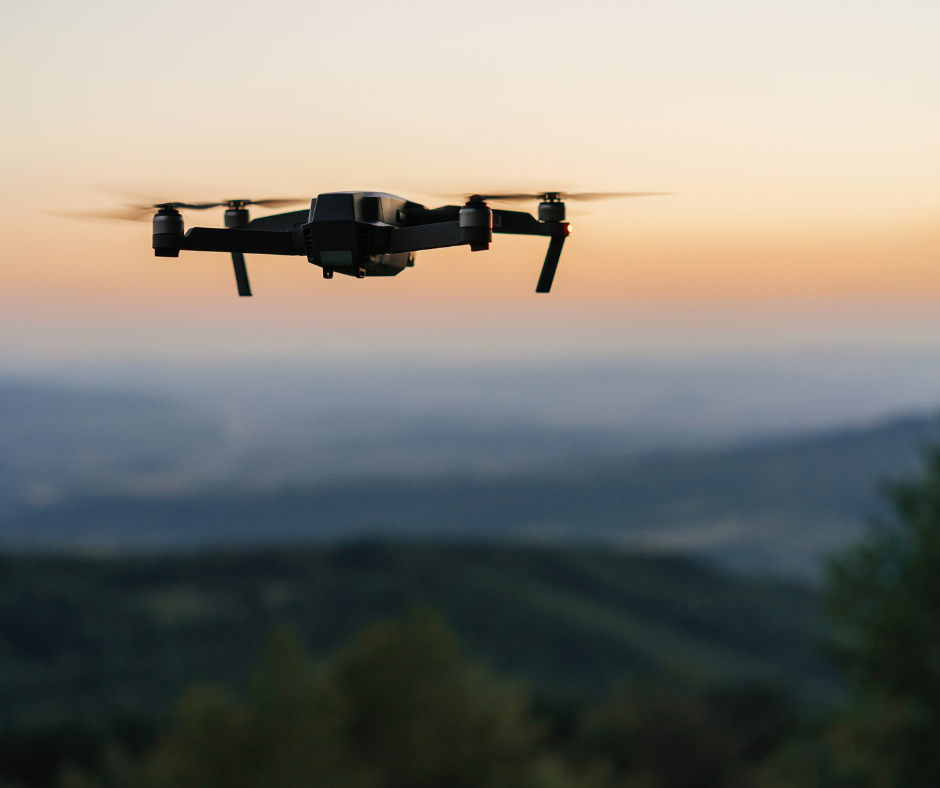Introduction
The use of drones in warfare has sparked intense debates in political, legal, and ethical circles. Unmanned Aerial Vehicles (UAVs), commonly known as drones, have become a key component of modern military strategy. Governments and defense organizations argue that drones provide strategic advantages such as reducing risks to human soldiers, increasing operational efficiency, and enhancing precision strikes. However, critics raise serious ethical concerns, including civilian casualties, violations of sovereignty, psychological impacts, and the potential for war crimes.
This article explores the ethical and legal dimensions of drone warfare, evaluating the arguments for and against their use, while also examining international laws governing them.
The Rise of Drone Warfare
Drones have rapidly evolved from reconnaissance tools to lethal weapons. The United States, United Kingdom, Israel, China, Russia, and other military powers have integrated armed drones into their combat strategies. Some of the most well-known drones used in military operations include:
- MQ-9 Reaper (USA) – Capable of carrying Hellfire missiles and precision bombs.
- Bayraktar TB2 (Turkey) – Widely used in conflicts in the Middle East and Ukraine.
- Harop (Israel) – A loitering munition designed to destroy enemy radar systems.
- Wing Loong II (China) – A multi-role drone used in counter-terrorism operations.
The deployment of drones in Afghanistan, Iraq, Yemen, Syria, Libya, and Ukraine has fueled the controversy over their ethical and legal implications.
The Ethical Debate: Are Drones Justifiable in Warfare?
Arguments in Favor of Drone Warfare
-
Reduced Military Casualties
- Drones eliminate the need to deploy soldiers on dangerous missions, reducing combat deaths.
- They allow military forces to conduct operations in hostile environments without endangering human pilots.
-
Precision Strikes & Targeted Killings
- Proponents argue that drones minimize collateral damage by targeting specific individuals associated with terrorist organizations.
- AI-powered targeting systems improve accuracy, decreasing unintended casualties.
-
Cost-Effective & Efficient
- Drones are more cost-effective than deploying fighter jets or ground troops.
- They can conduct long surveillance missions and engage targets with minimal logistical support.
-
Elimination of High-Value Targets
- Drones have been used to neutralize top terrorists such as Qasem Soleimani (Iranian General) and Ayman al-Zawahiri (Al-Qaeda leader).
- Governments argue that such strikes weaken terrorist networks and enhance global security.
Arguments Against Drone Warfare
-
Civilian Casualties & Collateral Damage
- Despite claims of precision, drone strikes have killed thousands of civilians, including women and children.
- The “signature strikes” method—targeting individuals based on suspicious behavior rather than confirmed identity—has led to wrongful killings.
-
Psychological and Ethical Concerns
- The detachment of drone operators from the battlefield raises moral concerns about the “PlayStation Mentality”—treating war as a video game.
- Families of drone victims suffer severe psychological trauma, leading to anti-Western sentiment and radicalization.
-
Violation of Sovereignty & International Law
- Countries conducting drone strikes often violate the sovereignty of other nations without formal declarations of war.
- Pakistan, Yemen, and Somalia have repeatedly condemned U.S. drone strikes on their soil as illegal acts of aggression.
-
Precedent for Autonomous Warfare
- The growing reliance on AI-powered drones raises fears of a future where autonomous weapons make life-and-death decisions without human intervention.
- Ethical dilemmas arise about accountability in cases of wrongful drone killings—who is responsible, the drone manufacturer, operator, or military command?
Legal Perspectives: Are Drone Strikes Legal?
The legality of drone warfare remains a contentious issue under international humanitarian law (IHL) and human rights law. The primary legal concerns include:
1. Compliance with International Humanitarian Law (IHL)
IHL, also known as the laws of war, governs armed conflicts and protects civilians. The key principles include:
- Distinction: Military forces must distinguish between combatants and civilians.
- Proportionality: Attacks should not cause excessive harm to civilians compared to the military advantage gained.
- Necessity: Force should be used only when necessary to achieve a legitimate military objective.
Drone strikes often violate these principles due to high civilian casualties and lack of clear oversight.
2. Violation of National Sovereignty
Under the United Nations Charter (Article 2(4)), states are prohibited from using force against another state without its consent or UN Security Council authorization.
- The U.S. and other nations conducting drone strikes in Pakistan, Yemen, and Somalia without formal approval have been accused of violating international law.
- Countries argue that drone strikes against terrorists are justified under Article 51, which allows self-defense.
3. Human Rights Violations
International human rights laws prohibit extrajudicial killings—the execution of individuals without trial.
- Targeted killings using drones bypass due process, raising serious legal and ethical concerns.
- The UN Human Rights Council has criticized drone strikes as potential violations of human rights.
The Future of Drone Warfare: What Lies Ahead?
1. Rise of AI-Powered Autonomous Weapons
- Future drones will rely more on artificial intelligence for target selection and engagement.
- Lethal Autonomous Weapon Systems (LAWS)—robots that can kill without human input—are already being developed, raising ethical alarms.
2. Growing Drone Proliferation
- More countries, including Iran, North Korea, and India, are developing advanced drone programs.
- Non-state actors like ISIS and drug cartels are using commercial drones for attacks and smuggling.
3. Need for Stronger Regulations
- The UN has proposed a global ban on autonomous killer robots to prevent the uncontrolled spread of AI warfare.
- New international treaties may be required to regulate drone use in conflict zones.
Conclusion: Striking a Balance Between Security and Ethics
Drones are undeniably powerful tools in modern warfare, offering strategic advantages while raising profound ethical and legal dilemmas. While they can be used for legitimate self-defense and counter-terrorism, their misuse can lead to war crimes, human rights abuses, and global instability.
Governments, international organizations, and the global community must work together to develop clear legal frameworks, enforce accountability, and ensure ethical deployment of drone technology. The future of warfare will not only depend on technological advancements but also on the moral decisions we make today.






